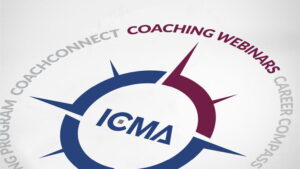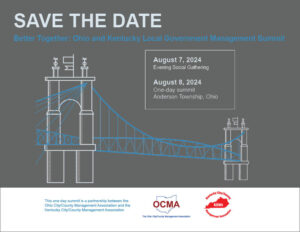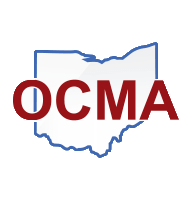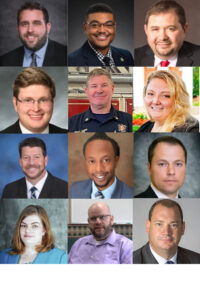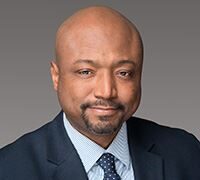The Ohio City/County Management Association (OCMA) recently unveiled a comprehensive new guide for elected officials and staff who are recruiting a local government administrator. The guide is a detailed resource designed to assist city, county and township governments in navigating the complexities of an executive recruitment process. It covers a range of topics, from how to develop a position profile, to a recommended process, including sample questions for conducting interviews of preferred candidates.
*************
The Challenges of Recruiting an Administrator
Recruiting an administrator who directly oversees the day to day operations of a local government can be a challenging task. For elected officials, selecting a new chief administrative officer is one of the most important and challenging responsibilities that they may have during their time in office. It is a low frequency, high risk type of decision. Because of its infrequency, it can be difficult to determine what a professional and well organized process should be for selecting a new administrator.
Recent local government executive searches in Ohio and across the country have seen a marked decline in the number of applicants for open positions. Many communities that once would have expected to receive 50 or more applications for an administrator position have been seeing only 20 applications in recent years.
The current political environment and the modern realities of relocation have made the process to attract qualified candidates more difficult than ever. Potential candidates often have partners or spouses with their own professional careers that must be navigated as part of contemplating a relocation. Today, those considering a job in a new community where relocation is required must also calculate the cost of leaving a 3% mortgage rate behind for one that may exceed 7%. Combined, these factors have resulted in an extremely competitive market for qualified administrators.
The Importance of the Process Used for Executive Recruitments
The challenges in the current marketplace for recruitment suggest that the process used for executive searches is critically important in order to ensure that your community attracts qualified candidates. Put simply, the professionalism of the recruitment process can directly influence the number of quality candidates who apply for an open position.
The process of a search can be undertaken by two methods: internally or with the help and guidance of a municipal executive search firm. For municipalities that utilize a search consultant, this person or group should help establish the process that is followed for the recruitment. Whether an internal or consultant aided search is used, the process will be expedited if an internal search committee is established to handle some of the logistics of the search. The outcome will be improved if elected officials are aligned on duties and responsibilities of the manager or administrator.
The first step that should be undertaken is the development of a position profile, formally listing the skills, experience, training and qualities of the position. The process of developing this profile will help clarify the duties and responsibilities of the administrator. Initially, position profiles should identify what is most important to the hiring body including the working relationship members expect to have with the new administrator. An inclusive process, including senior staff and significant stakeholders, should be used to define the issues foreseen for the new administrator. Ultimately, from this profile applicants should be able to determine if they are a good fit for the job and focus their preparation.
A sample administer profile can be found in the OCMA Recruitment Guide.
Residency
Ohio law no longer allows residency requirements in local government charters. If residency within the municipality is desired, clearly state this in the advertisement. Thought should be given to define if the local government is open to candidates living outside of the jurisdiction which will broaden the pool of potential candidates. If residency is desired, it should be discussed whether the elected body is open to a period of transition during which a successful candidate may live outside the community.
Interviews
It is important the entire hiring body interview all proposed interviewees. Questions intended to test the candidate’s reaction to issues raised in the profile should be prepared in advance and asked of all candidates. After each interview, panel members should be asked to record their reactions but not hold an extensive discussion of each candidate until all candidates have been interviewed.
Without a strong consensus of an ideal candidate, each member of the governing body may have a different vision of the “perfect” candidate. Interview biases are important to recognize. Interviewers may prefer candidates that are most similar to themselves in terms of style or background. This may result in a first-impression or confirmation bias in interviews that diminishes the needs of the organization.
A sample set of questions, an interview evaluation form, as well as interview “do’s” and “don’ts” are included in the full OCMA Recruitment Guide.
Appointments and Contracts
When the hiring body has tentatively selected its preferred candidate, there are still several decisions that need to be made. Someone from the hiring body may wish to visit the candidate’s present local government in order to speak personally with people there about the administrator’s performance. The results of this exploration should be shared with all members of the selection process.
